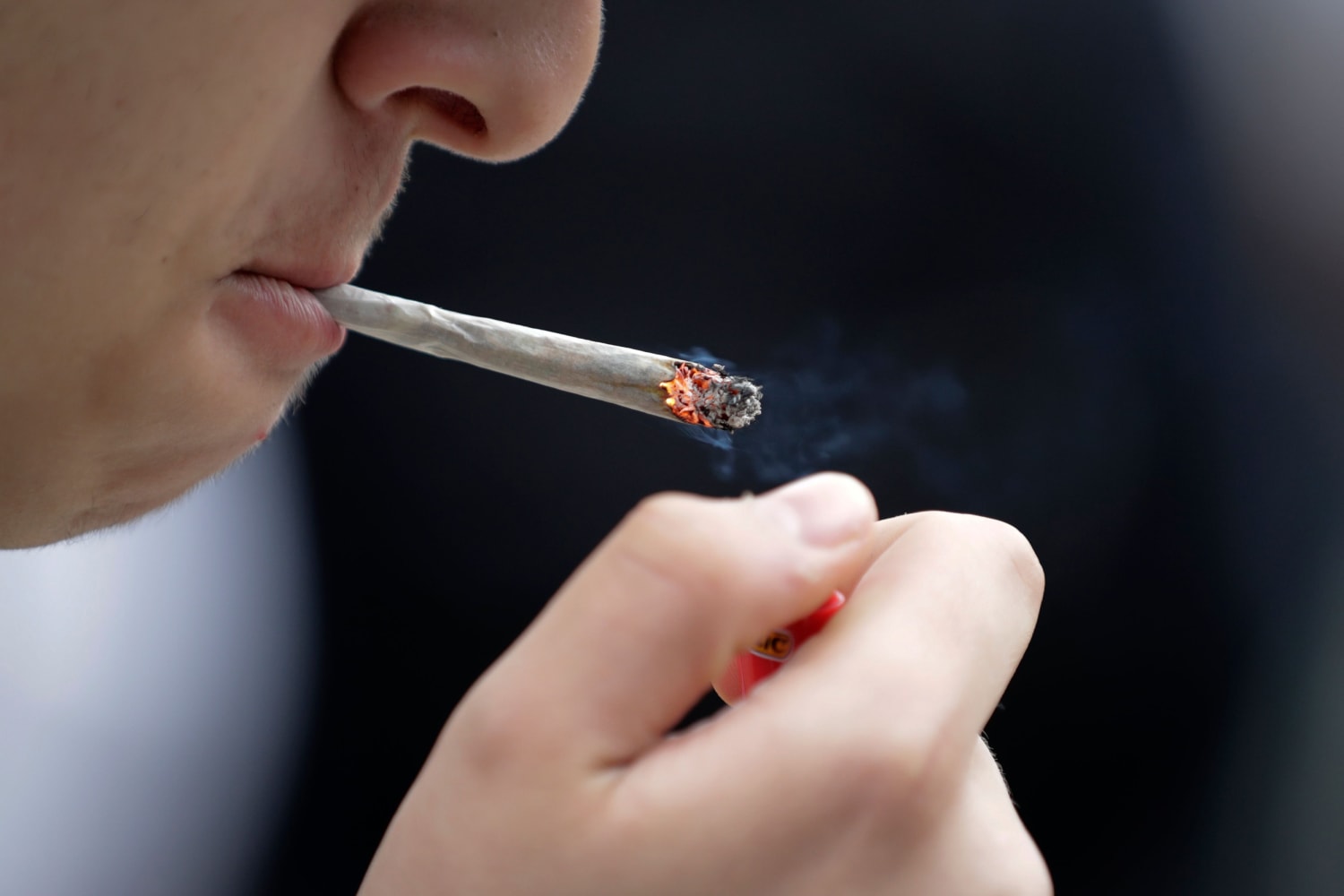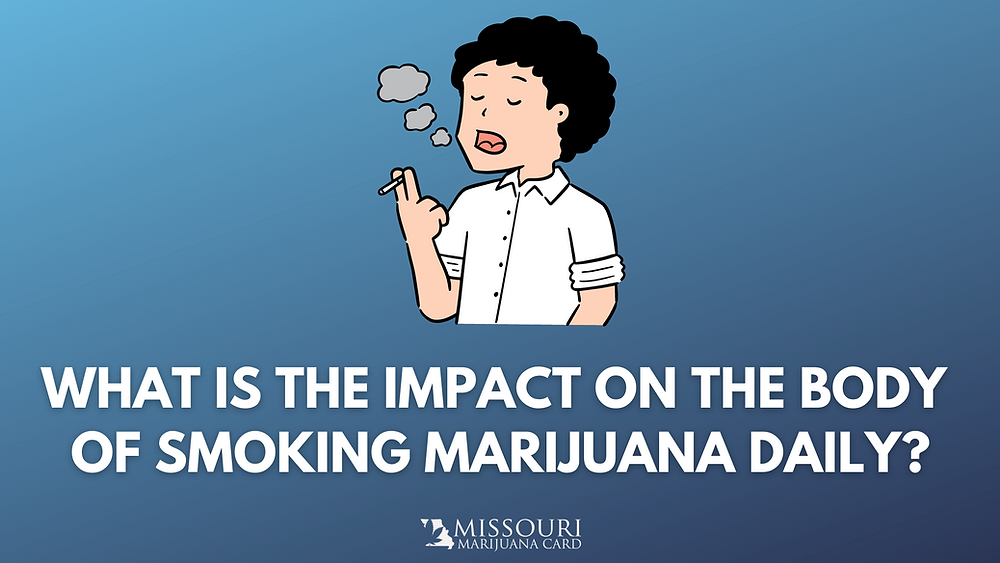Does Smoking Weed Break Your Fast

The aroma of freshly brewed coffee swirls in the air, mingling with the earthy scent drifting from the open window. Sunbeams dance across the kitchen table, illuminating a half-eaten plate of fruit and a notebook filled with scribbled notes about intermittent fasting. But there's a different question hanging in the air today, one that's been sparking debates in online forums and casual conversations alike: does smoking weed break your fast?
This question, seemingly simple, delves into the complex interplay between our bodies, our habits, and the increasingly popular practice of intermittent fasting. Understanding the nuances of this connection requires examining how cannabis affects our metabolism, hunger hormones, and overall physiological state.
The Rise of Intermittent Fasting and Cannabis Culture
Intermittent fasting (IF) has surged in popularity as a dietary approach, with adherents praising its potential benefits for weight management, improved insulin sensitivity, and even longevity. The core principle involves cycling between periods of eating and voluntary fasting on a regular schedule. This isn't about what you eat, but when you eat.
Simultaneously, cannabis culture has undergone a significant transformation. Once relegated to the fringes, cannabis is now legal for recreational or medicinal use in many regions. This increased accessibility has led to a greater interest in understanding its diverse effects on the body.
Decoding the Fast: A Physiological Perspective
To determine if smoking weed breaks a fast, it's crucial to understand what a fast actually entails on a biological level. During a fast, the body shifts from using glucose (from carbohydrates) as its primary fuel source to burning stored fat for energy. This metabolic switch is often referred to as ketosis.
Key hormones, like insulin and glucagon, play pivotal roles in this process. Insulin levels decrease during a fast, allowing glucagon to signal the liver to release stored glucose and promote fat breakdown.
The question then becomes: how does cannabis interact with these metabolic processes?
Cannabis and Metabolism: A Complex Relationship
The effects of cannabis on metabolism are multifaceted and still under investigation. Some studies suggest that cannabis use may be associated with a lower body mass index (BMI) and a reduced risk of diabetes. However, these associations don't necessarily prove causation.
The "munchies," a well-known side effect of cannabis consumption, are perhaps the most obvious concern for those adhering to a fasting protocol. This increased appetite is largely attributed to the activation of the endocannabinoid system (ECS), which plays a critical role in regulating appetite, mood, and pain sensation.
The ECS interacts with various brain regions involved in reward and hunger. THC, the primary psychoactive compound in cannabis, can stimulate the release of hormones that increase appetite and make food more appealing.
Does Cannabis Contain Calories?
One of the most straightforward ways a substance could break a fast is through its caloric content. Fortunately, smoking or vaping cannabis flower provides minimal calories. The amount of plant material consumed is so small that it's unlikely to significantly impact blood sugar levels or disrupt ketosis.
However, it’s important to consider how cannabis is consumed. Edibles, on the other hand, often contain significant calories from sugar, fats, and other ingredients. Consuming edibles during a fasting window would undoubtedly break the fast.
The Role of Blood Sugar and Insulin
Even if cannabis itself doesn't contain significant calories, its impact on blood sugar and insulin levels is relevant. Some studies suggest that cannabis may improve insulin sensitivity, which could theoretically be beneficial during a fast.
However, the evidence is mixed, and other research indicates that cannabis use may lead to increased insulin resistance in some individuals. Furthermore, the appetite-stimulating effects of cannabis could lead to cravings for sugary or processed foods, potentially disrupting blood sugar control and negating the benefits of fasting.
Individual Variability and Considerations
The impact of cannabis on fasting is likely to vary from person to person. Factors such as individual metabolism, tolerance to cannabis, the specific strain consumed, and the timing of consumption all play a role.
Some individuals may find that cannabis helps them manage hunger and stay compliant with their fasting schedule. Others may experience intense cravings and find it difficult to resist the urge to eat. Paying close attention to your body's response is essential.
The Importance of Harm Reduction and Informed Choices
Regardless of whether or not smoking weed technically "breaks" a fast, it's crucial to prioritize harm reduction and make informed choices. If you choose to consume cannabis while fasting, consider the following:
- Choose low-THC strains: Lower THC levels may reduce the intensity of the "munchies."
- Opt for non-edible forms of consumption: Smoking or vaping flower typically involves fewer calories than edibles.
- Hydrate: Staying hydrated can help manage hunger and prevent dehydration, which can exacerbate the effects of cannabis.
- Listen to your body: Pay attention to how cannabis affects your appetite, mood, and energy levels.
Consulting with Professionals
If you have any underlying health conditions or concerns about the interaction between cannabis and intermittent fasting, it's always best to consult with a healthcare professional or registered dietitian. They can provide personalized guidance based on your individual needs and circumstances.
A Balancing Act: Mindfulness and Moderation
Ultimately, the decision of whether or not to combine cannabis and intermittent fasting is a personal one. There's no definitive "yes" or "no" answer, and the optimal approach will vary depending on individual factors.
Mindfulness and moderation are key. If you find that cannabis helps you stay on track with your fasting goals, then it may be a viable option. However, if it triggers intense cravings or leads to unhealthy eating habits, it's best to avoid it during your fasting window.
The most important aspect is to prioritize your overall health and well-being. Intermittent fasting and cannabis use are just two tools that can be used to support a healthy lifestyle. When combined thoughtfully and responsibly, they may potentially complement each other. However, careful consideration and self-awareness are essential for a successful and sustainable approach.
The journey of understanding our bodies is a continuous exploration, a delicate dance between science and self-discovery. Whether you choose to incorporate cannabis into your fasting routine or not, may your path be guided by knowledge, moderation, and a deep respect for the intricate workings of your own unique physiology.


















